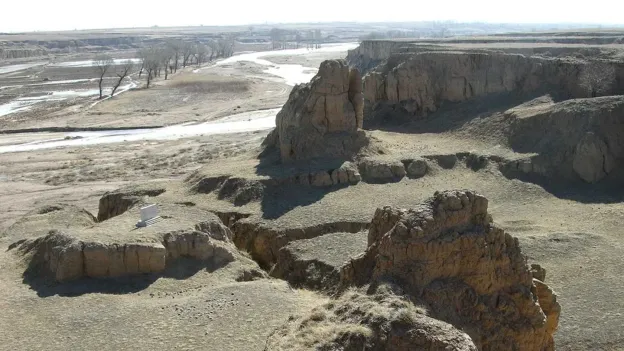
Chinese Scientists Discover Fossils of a Possible New Human Species

china - Fossils found in China suggest a new human ancestor with a larger skull than modern humans, sparking debate among scientists.
Discovery of New Human Ancestor
In various locations in China, researchers have unearthed skull fragments, teeth, jaws, and other remains that may belong to a previously unknown human species. These fossils, dating back 160,000 to 200,000 years, represent individuals with larger skulls than modern humans.
Between 1970 and 2014, significant discoveries were made in Xujiayao and Lingjing, leading scientists to propose naming this new human ancestor Homo juluensis, meaning 'enormous head' in Chinese.
Using digital techniques, researchers reconstructed a skull from the remains, revealing distinct differences from other human species like Neanderthals and Homo sapiens. The estimated skull volume of Homo juluensis is 1.7 to 1.8 liters, significantly larger than modern humans.
While some scientists support the classification of the fossils as a new species, others, like paleoanthropologist Ryan McRae, question the premature grouping of these remains without direct comparisons to known Denisovan fossils. The lack of genetic evidence also raises concerns about the classification process.
The debate continues as the scientific community evaluates the validity of categorizing these remains as Homo juluensis, emphasizing the importance of further research and consensus among experts.


Leave a comment